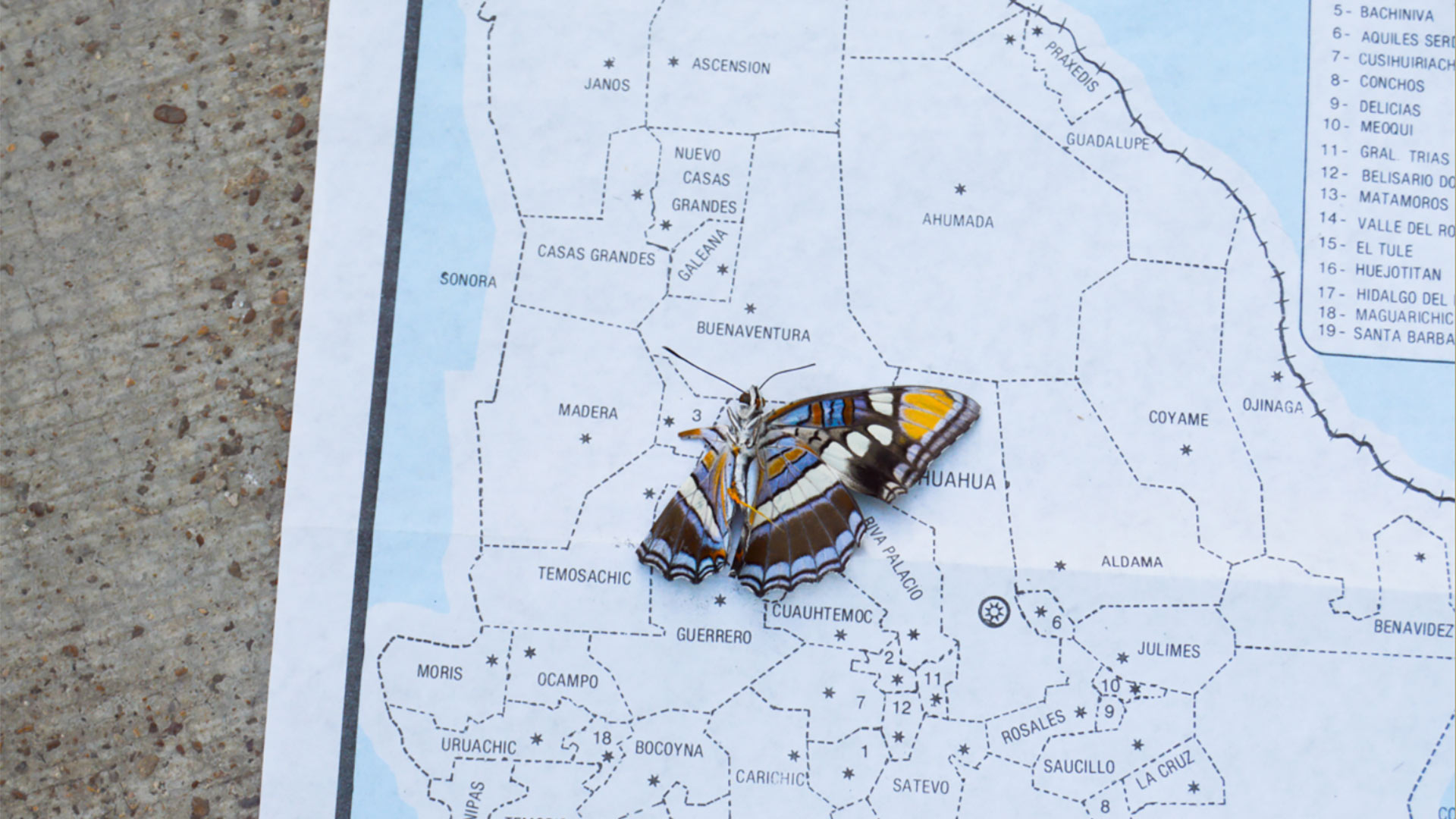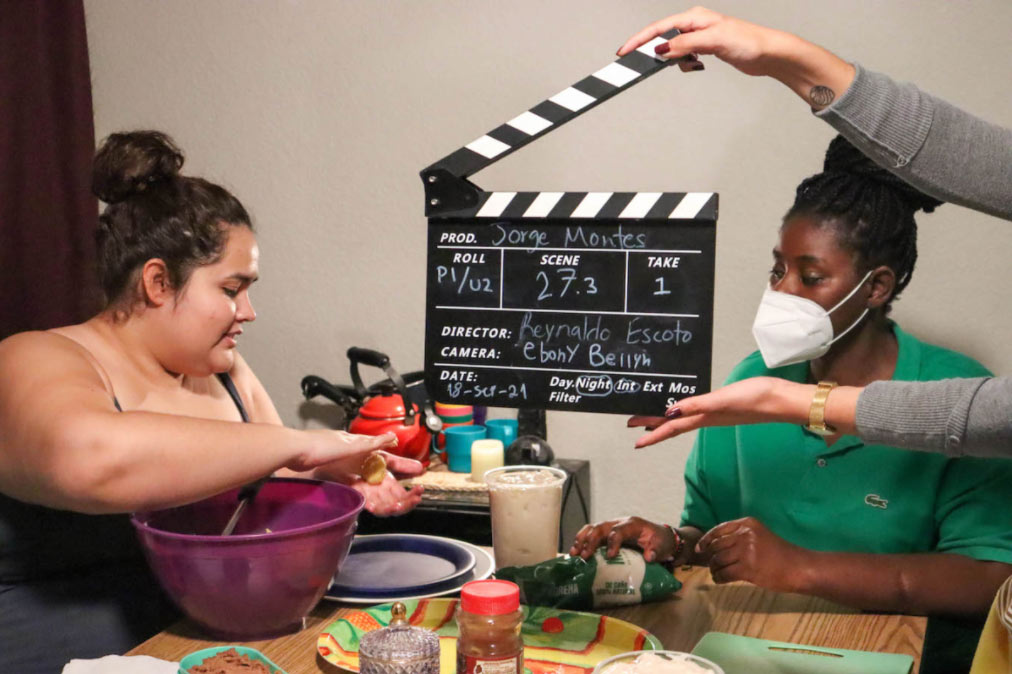 Photo courtesy of Alejandra Aragón, a contributor to the Reclaiming the Border Narrative archive.
Photo courtesy of Alejandra Aragón, a contributor to the Reclaiming the Border Narrative archive.
The University of Arizona is launching a website to showcase dozens of stories and projects from the U.S.-Mexico borderlands in order to tell a more complete and nuanced history of the people and experiences in the region.
The Confluencenter for Creative Inquiry and the UA Libraries’ Special Collections are collaborating with dozens of U.S.-Mexico borderlands artists, advocates, journalists and more to build a digital archive of projects that aim to reclaim the border narrative, advance migrant justice, and address gaps in the documented record.
The university announced the website launch today, which includes information on many of the contributors and their projects as well as announcements for upcoming events.
Confluencenter director Javier Duran says the archive is also meant to allow the represented communities to learn about the projects and the work the organizations are doing and to create community beyond the scope of the archive.
“These collections and records are really important in terms of being sites of memory, culture and history,” he says. “And especially when we’re talking about underrepresented populations. I want to encourage the public and the audience to really visit the website and keep an eye on the forthcoming activities.”
 "Maestra, Veterinaria, and Astronauta" production still courtesy of Espacio Migrante, a contributor to the Reclaiming the Border Narrative archive.
"Maestra, Veterinaria, and Astronauta" production still courtesy of Espacio Migrante, a contributor to the Reclaiming the Border Narrative archive.
The team is still compiling the archive and will continue adding information to the website, and will hold an in-person event in Tucson for the archival launch in March 2024.
“We have talked in the past how many times communities in the borderlands feel either left out or misrepresented in national conversations,” Duran says. “And I think this project provides that opportunity to see from the local perspective how the communities are responding and speaking about these issues.”

By submitting your comments, you hereby give AZPM the right to post your comments and potentially use them in any other form of media operated by this institution.